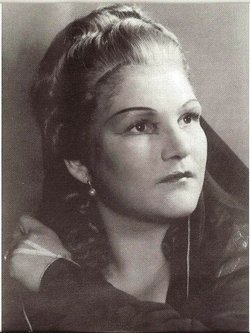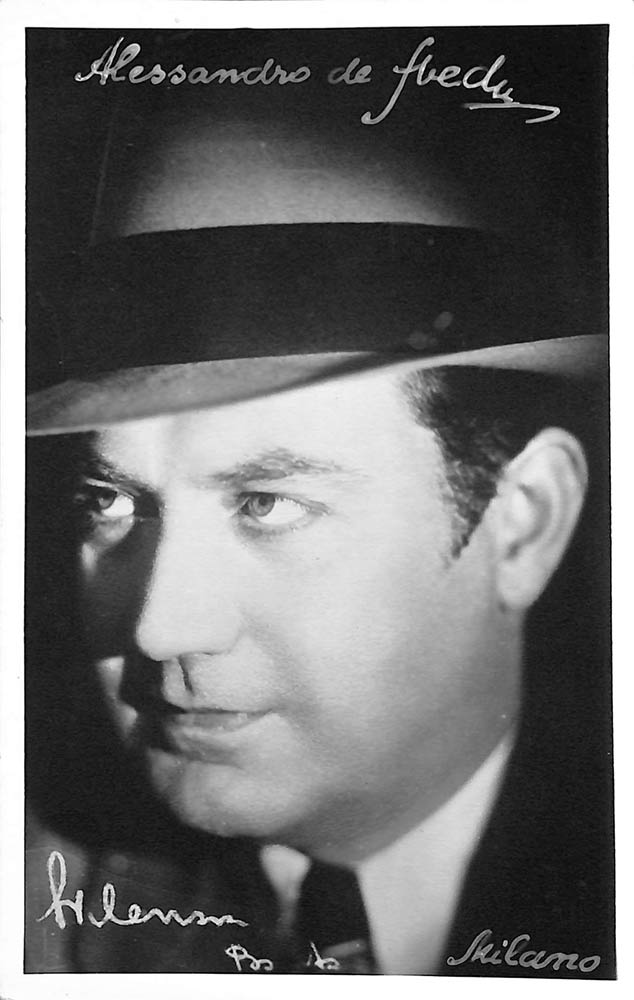When admiring a great voice from the past, you may wonder how this artist could ever have fallen into obscurity. You might just chalk it up to the passage of time. However, when you look more closely, you might find other reasons why once-renowned greats have faded from view.
Racism
Until the middle of the last century, opera companies across the United States did not engage African-American singers. Many of these artists might have had great opera careers but were limited to performing in vaudeville shows or giving recitals with touring companies. When their voices were recorded, it was rarely singing opera arias. However, this blog includes artists such as Dorothy Maynor and Robert McFerrin to show what might have been.


In the Shadow of …
Timing plays an important role in establishing a successful career, and it’s an important element over which the singer has little control. For instance, if you were a budding heldentenor in the 1940s, dreaming of singing Tristan, you would be competing for the role with the likes of Melchior, Lorenz, Svanholm, Völker, and Vinay, and you more likely would be singing Melot or the shepherd. If you are a heldentenor today when there are few to none around, you would have more opportunity to sing lead roles. Singers who performed in the shadow of the greats aren’t unworthy of attention; they just were the victims of unfortunate timing.


Whatever Happened to …
Some singers burst upon the opera scene, amazed audiences, and then suddenly vanished. Whatever happened to them? Singers in this category include soprano Anita Cerquetti, who enjoyed a meteoric rise in the 1950s only to retire at age 30, never to be heard again on the world’s stages. Gino Penno, another gifted singer from the 1950s, quickly achieved fame as a dramatic tenor, portraying Siegfried and Lohengrin as well as partnering with Maria Callas in Norma, Il Trovatore, and Medea. But by the late 1950s, he, too, had vanished.

Never Sang at the Metropolitan Opera
Performing on the stage at the Metropolitan Opera in New York is certainly a way for a singer to achieve serious recognition, both in the United States and abroad. American operagoers in particular look at the Met as the ultimate guide to who is great and who is not. But it is not necessary to sing at the Met to have an outstanding career, as several great artists from the past have demonstrated.
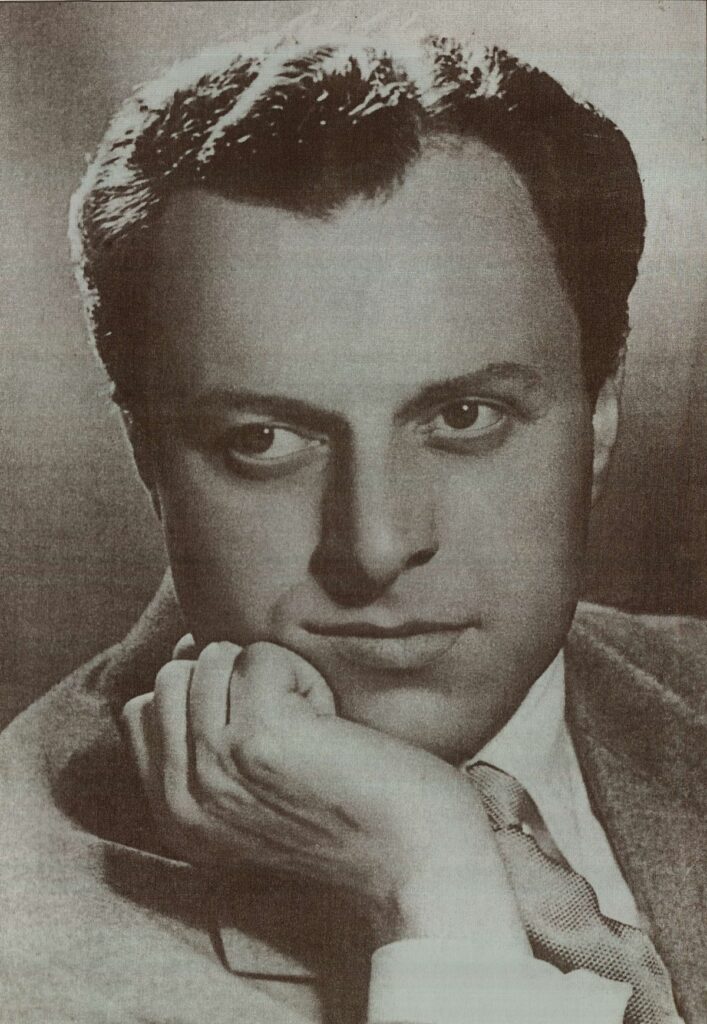
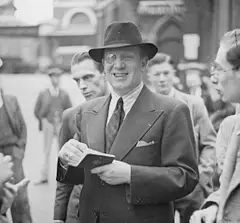
Tragic Endings
Opera history is filled with real-life tragic endings for opera singers. They have made their final exits via heart attack, brain cancer, fatal falls, suicide, and everything else that can befall humanity. Tenor Peter Anders was killed in a car accident at the height of his career, age 46; soprano Arlene Auger died of cancer at 53; and tenor Fritz Wunderlich, age 35, fell down a flight of stairs, dying a few weeks prior to his Met debut.
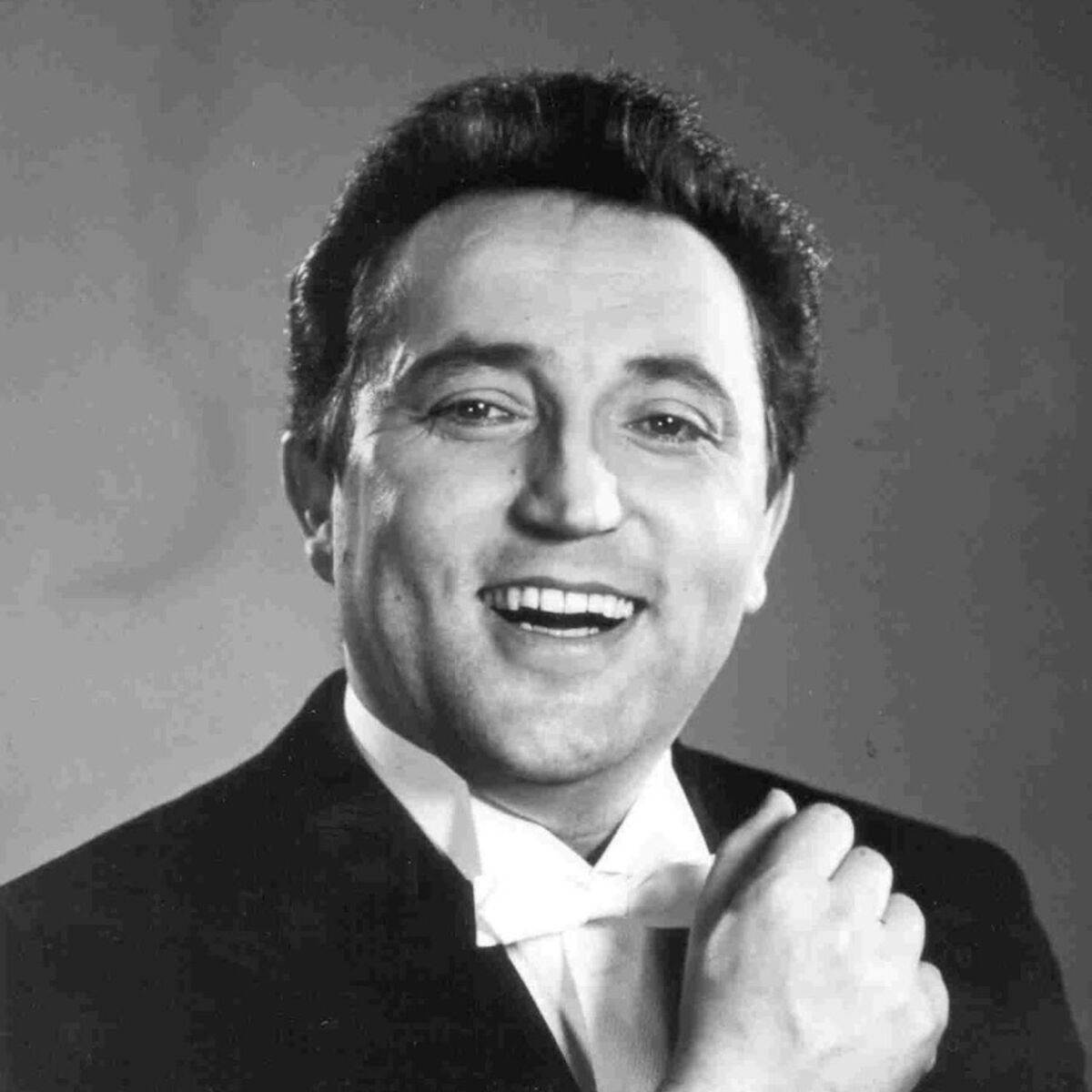
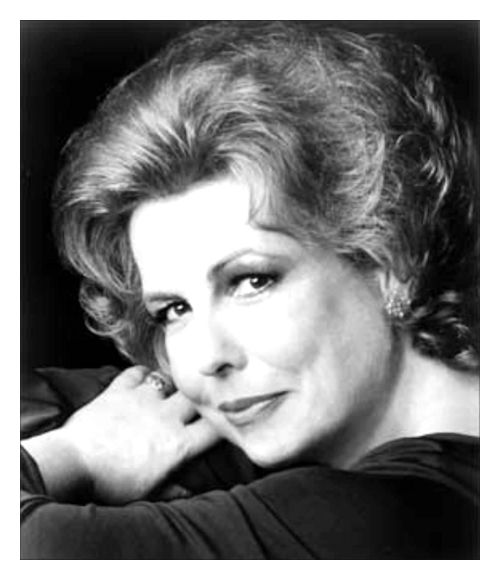
Dubious Past Connections
Singers associated with abhorrent regimes fall into this category, including a large contingent of Nazi-endorsed artists. A case in point is Germaine Lubin, the first French dramatic soprano to sing Isolde at Bayreuth in 1939. After the French Liberation in 1944, she was arrested and imprisoned as a Nazi collaborator, a development that obscured her considerable operatic achievements. Other such singers include heldentenor Max Lorenz and lyric baritone Heinrich Schlusnus.
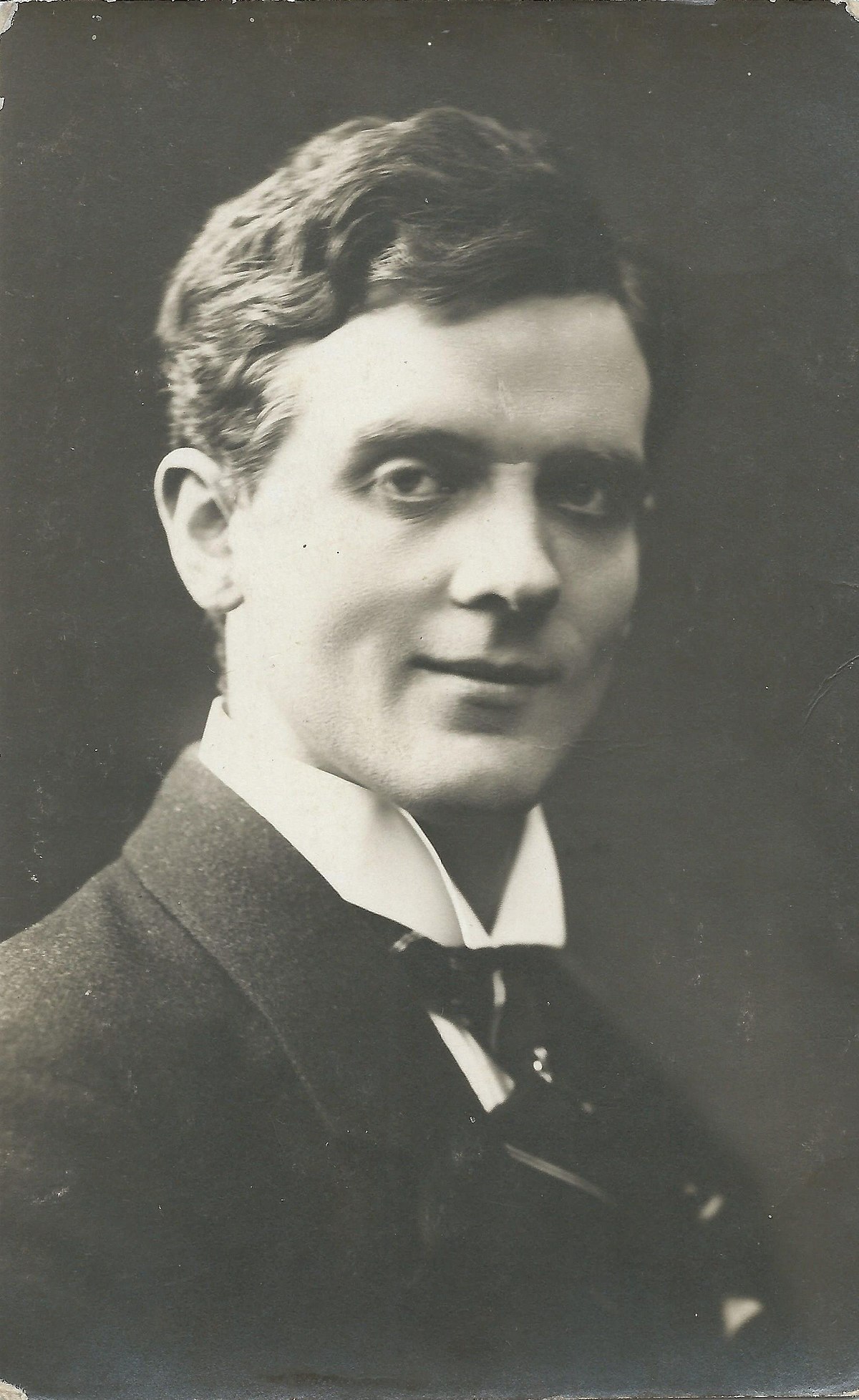

Behind the Iron Curtain
During the Cold War (1947-1991), the term “Iron Curtain” symbolized the efforts of the USSR to isolate itself from the liberal democracies of the “free world.” During that time, Soviet singers, highly prized by the government, were rarely granted exit visas to perform in western countries. While U.S. audiences heard a few outstanding Soviet singers, most were never seen outside of the borders of the USSR, becoming known in the West only through their recordings. Fortunately, they are plentiful.

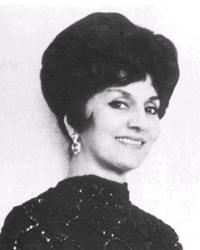
Have You Ever Heard Of …
Relatively few opera singers achieve a level of international fame that renders their names immediately recognizable. The assumption that it must be because their singing was somehow lacking would, in many cases, be mistaken. Political events can isolate promising singers from international stages. The failure to land a major recording contract can drastically limit an artist’s audience. Sometimes a singer just slips into oblivion with the passing of decades. There are various reasons why a singer may be unfamiliar, and possibly completely unknown, to the opera lover of today.
